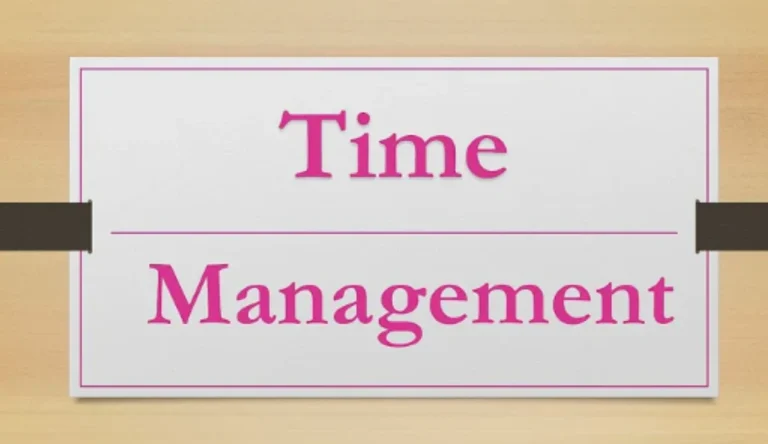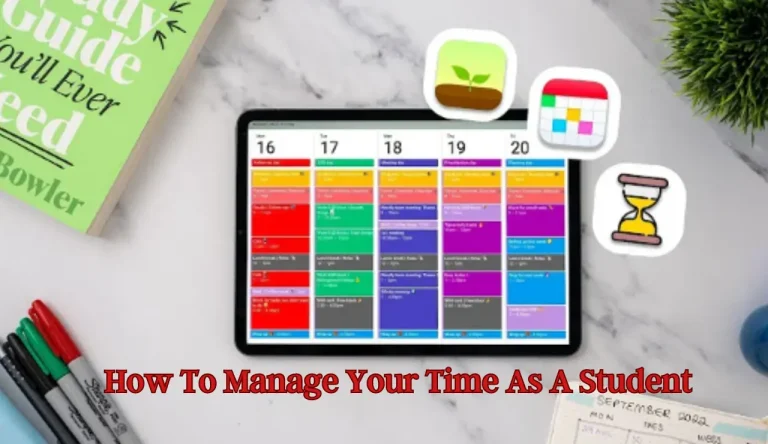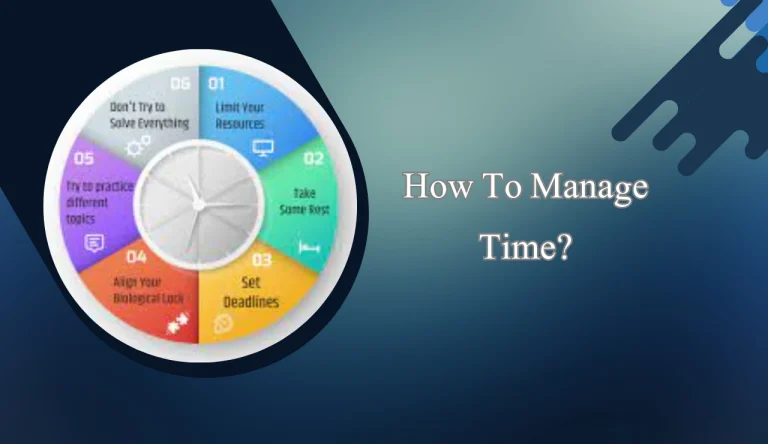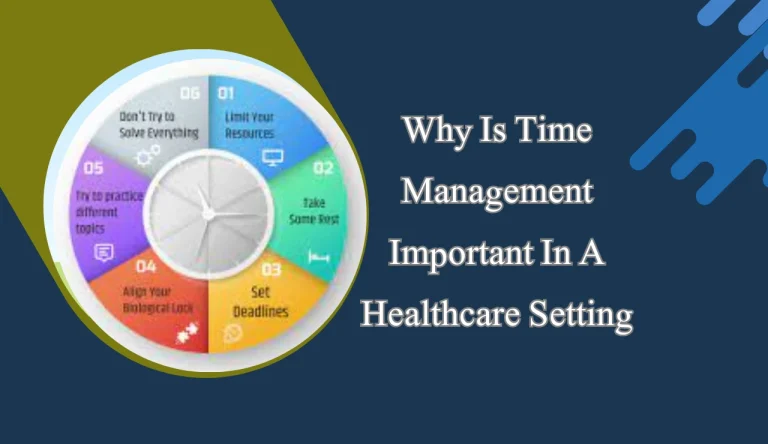What Are The 4 P’s Of Time Management
Are you feeling overwhelmed by your never-ending to-do list? Do you find yourself constantly running out of time and struggling to meet deadlines? What Are The 4 P’s Of Time Management? It’s time to take control of your schedule and master the art of time management for students. Luckily, there are four simple principles that can help you stay organized, focused, and efficient – they’re known as the 4 P’s of Time Management.
Coincidentally, these four principles all begin with the letter ‘P,’ making them easy to remember and implement into your daily routine. Prioritize Your Tasks by identifying what needs to be done first and focusing on those tasks with utmost importance.
Plan Your Schedule by creating a detailed plan that outlines when each task will be completed. Perform with Focus and Efficiency by eliminating distractions and giving your full attention to each task at hand. Pause and Take Breaks throughout the day to recharge your energy levels and maintain productivity.
By following these 4 P’s of Time Management, you will not only feel more in control of your schedule but also accomplish more in less time. So let’s dive into each principle in detail and start reclaiming your time today!
Key Takeaways
- Prioritize tasks by identifying what needs to be done first and delegating tasks to others
- Plan your schedule by creating a detailed plan, breaking down tasks, assigning time slots, and including buffer time
- Perform with focus and efficiency by using techniques like the Pomodoro Technique and the Eisenhower Matrix
- Take regular breaks throughout the day to rest and recharge, increasing energy, concentration, creativity, and reducing stress
Prioritize Your Tasks
Prioritizing your tasks is crucial for effective time management, allowing you to tackle what truly matters and conquer the chaos.
To prioritize effectively, start by using time blocking techniques to allocate specific periods for different tasks or activities. This helps you stay focused and prevents wasting valuable time on unimportant things.
Additionally, consider task delegation as a way to free up your own time and energy for more important responsibilities. Identify tasks that can be delegated to others who have the skills and capacity to handle them efficiently. Delegating not only lightens your workload but also allows you to focus on high-priority tasks that require your expertise.
By prioritizing and utilizing techniques like time blocking and task delegation, you can optimize your productivity and make the most of your available time.
Plan Your Schedule
Make sure to schedule your day effectively by creating a detailed plan. Are you able to envision the benefits of having a well-organized schedule?
By planning your schedule, you can better manage your time and ensure that important tasks are completed on time. Here are four steps to help you plan your schedule:
- Start by identifying your priorities and goals for the day.
- Break down larger tasks into smaller, more manageable ones.
- Assign specific time slots to each task based on their importance and urgency.
- Build in buffer time for unexpected interruptions or delays.
By following these steps, you can create a clear roadmap for your day and maximize productivity. Remember to regularly review and adjust your schedule as needed to stay on track with both prioritizing tasks and managing your time effectively.
Perform with Focus and Efficiency

With unwavering focus and optimal efficiency, you’ll conquer your tasks and achieve remarkable results. To enhance your focus techniques, try implementing the Pomodoro Technique, where you work for 25 minutes straight and then take a short 5-minute break. This method helps maintain concentration by breaking your tasks into manageable chunks. Another effective strategy is to eliminate distractions by turning off notifications on your phone or computer and finding a quiet workplace.
By creating a conducive environment for productivity, you can maximize your time efficiency. Additionally, prioritize your tasks by using the Eisenhower Matrix, which categorizes them into urgent vs important quadrants. This will help you allocate your time wisely and ensure that essential tasks are completed first. Overall, with these focus techniques and time efficiency strategies in place, you’ll be able to accomplish more in less time.
Pause and Take Breaks
To optimize your productivity and well-being, it’s crucial to schedule regular breaks throughout your day. Taking short pauses allows you the opportunity to rest and recharge. This ultimately enhances your focus and efficiency when you return to work.
Engaging in activities that promote relaxation and stress relief during these breaks can further contribute to your overall well-being. It can also help alleviate any built-up tension or anxiety.
Schedule Regular Breaks to Rest and Recharge
Ironically, taking regular breaks is essential to maintain productivity and avoid burnout. Rest plays a crucial role in enhancing productivity because it allows your mind and body to recharge, resulting in increased focus and efficiency when you return to work.
Here are four reasons why scheduling regular breaks is important:
- Increased energy: Taking short breaks throughout the day helps prevent mental fatigue and replenishes your energy levels.
- Improved concentration: Stepping away from your tasks allows you to clear your mind and come back with renewed focus.
- Enhanced creativity: Resting gives your brain an opportunity to make connections and generate new ideas.
- Reduced stress: Breaks provide a chance for relaxation, reducing stress levels and promoting overall well-being.
Remember, incorporating regular breaks into your schedule is not a waste of time but rather an investment in maintaining high levels of productivity and personal well-being.
Engage in Activities that Promote Relaxation and Stress Relief
Engaging in activities that promote relaxation and stress relief can create a calming oasis amidst the demands of daily life, allowing for a greater sense of peace and well-being.
Incorporating relaxation techniques into your routine can help you manage stress more effectively. One effective technique is deep breathing exercises, which involve taking slow, deep breaths to relax your body and mind. Another technique is practicing mindfulness or meditation, where you focus your attention on the present moment, letting go of worries and distractions.
Engaging in physical activities like yoga or going for a walk can also provide relaxation and stress relief. Additionally, finding hobbies or activities that bring joy and allow you to unwind can be beneficial for managing stress.
By incorporating these techniques into your daily routine, you can create a healthier balance between work and relaxation, ultimately improving your overall well-being.
Evaluate and Adjust Your Approach
Reflect on your time management habits and identify areas for improvement. Take the time to analyze how you currently manage your time and determine if there are any patterns or habits that may be hindering your productivity. Once you’ve identified these areas, adapt and modify your strategies as needed.
This could involve implementing new techniques or adjusting existing ones in order to improve your overall time management skills. Remember, evaluating and adjusting your approach is crucial for maximizing efficiency and achieving success in managing your time effectively.
Reflect on Your Time Management Habits and Identify Areas for Improvement
Improving our time management habits can lead to a more fulfilling and productive life. Reflecting on your time management habits and identifying areas for improvement is an essential step towards achieving your time management goals.
Here are three areas you can focus on to enhance your time management skills:
- Prioritize tasks: Take the time to assess which tasks are most important and tackle them first. This will help you stay organized and prevent procrastination.
- Set realistic goals: Break down big tasks into smaller, manageable steps and set deadlines for each one. This will help you stay motivated and ensure that you make progress towards completing your goals.
- Minimize distractions: Identify the things that distract you the most, whether it’s social media or interruptions from colleagues, and find ways to minimize their impact on your productivity.
By reflecting on these areas for improvement and implementing strategies to address them, you can take control of your time management habits and achieve greater efficiency in both your personal and professional life.
Adapt and Modify Your Strategies as Needed
To optimize your productivity and efficiency, it’s crucial to adapt and modify your strategies accordingly. Time management is not a one-size-fits-all approach; what works for one person may not work for another. Therefore, it’s important to be flexible and open-minded when it comes to managing your time effectively.
One key strategy for adaptation is to regularly evaluate and reflect on your current time management habits. Take note of what’s working well and what could be improved. Identify areas where you’re struggling or experiencing inefficiencies, and then brainstorm potential modification techniques that could address those challenges.
Another adaptation strategy is to be willing to try new approaches. Don’t be afraid to experiment with different methods or tools that can enhance your time management skills. Stay updated on the latest technology advancements or productivity hacks that could potentially streamline your workflow.
Remember, effective time management requires constant evaluation and adjustment. By being proactive in adapting and modifying your strategies as needed, you can maximize your productivity and achieve better results in all areas of life.
Practice Self-Discipline and Time Awareness
Mastering the art of time management requires cultivating self-discipline and a keen sense of time, like a skilled conductor guiding an orchestra with precision and awareness.
To effectively manage your time, it’s crucial to practice self-discipline and be fully aware of how you’re spending each moment.
One useful strategy is time tracking, which involves keeping a record of how you allocate your time throughout the day. By monitoring your activities, you can identify patterns and areas where you may be wasting valuable time.
Another helpful technique is time blocking, where you schedule specific blocks of uninterrupted time for important tasks or activities. This helps ensure that you stay focused and avoid distractions during those designated periods.
By practicing self-discipline and being conscious of the passing seconds, minutes, and hours, you can optimize your productivity and make the most out of every day.
Seek Support and Accountability
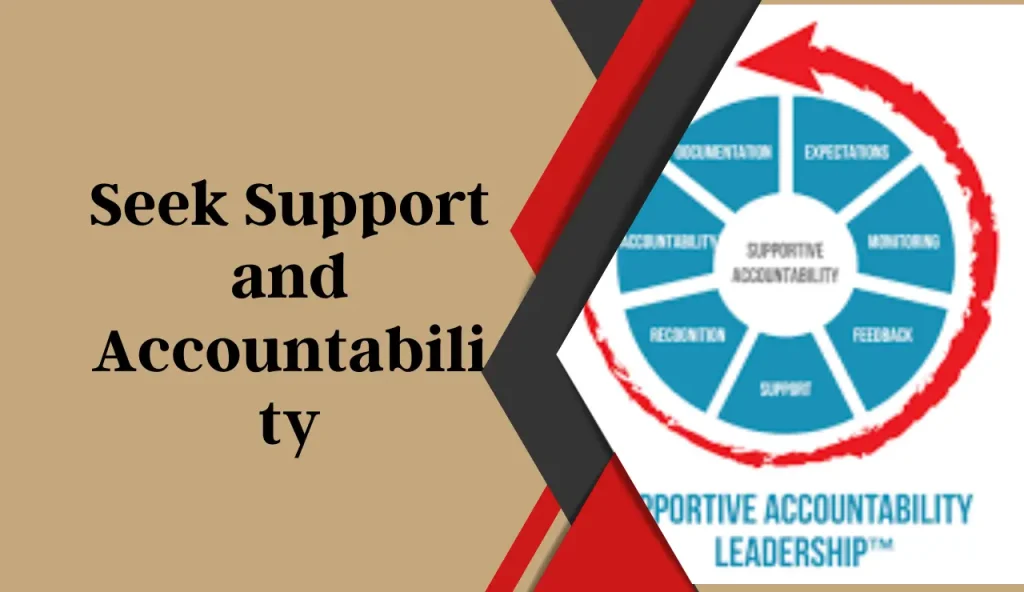
If you want to improve your time management skills, it’s important to seek support and accountability.
One way to do this is by sharing your time management goals with others. By vocalizing your intentions, you’re more likely to stick to them and receive encouragement from those around you.
Additionally, finding an accountability partner or joining a time management group can provide the structure and motivation needed to stay on track with your goals.
Don’t be afraid to reach out for support as you work towards becoming more efficient and productive in managing your time.
Share Your Time Management Goals with Others
Share your time management goals with others and watch as the motivation spreads like wildfire, igniting a collective drive to conquer the ticking clock together. Sharing your goals not only helps you stay accountable but also opens up opportunities to learn from others and gain valuable insights.
Start by sharing your strategies for managing time effectively and ask for feedback from those around you. Seek support from friends, family, or colleagues who can provide guidance and encouragement along the way. By involving others in your time management journey, you create a network of support that keeps you motivated and focused on achieving your goals.
Remember, collaboration is key when it comes to mastering time management, so don’t hesitate to lean on others for assistance as you navigate the challenges of balancing priorities and maximizing productivity.
Find an Accountability Partner or Join a Time Management Group
Now that you’ve shared your time management goals with others, it’s time to take the next step towards achieving them. Finding an accountability partner or joining a time management group can greatly enhance your productivity and help you stay on track.
When you have someone else holding you accountable, it becomes harder to procrastinate or make excuses. It also provides a support system where you can share tips, strategies, and experiences with like-minded individuals who are striving for similar goals.
By joining a time management group or finding an accountability partner, you’ll gain access to valuable resources and insights that can further improve your efficiency and effectiveness in managing your time.
So don’t hesitate any longer – take action today and find yourself a supportive community that’ll propel you towards success.
Markdown List:
1) Support system: Gain encouragement from others on the same journey.
2) Accountability: Hold each other responsible and motivated.
3) Shared knowledge: Learn new techniques and strategies from fellow members.
4) Networking opportunities: Connect with like-minded individuals for future collaborations.
Frequently Asked Questions
Conclusion
In conclusion, mastering the 4 P’s of time management will revolutionize your productivity and bring order to the chaos of your day.
By prioritizing tasks, planning your schedule, performing with focus and efficiency, and pausing for breaks, you’ll find yourself effortlessly juggling multiple responsibilities while still having time for yourself.
Coincidentally, this newfound efficiency may even lead to unexpected opportunities or moments of serendipity that you never anticipated.
So why wait? Start implementing these strategies today and unlock the full potential of your time.

